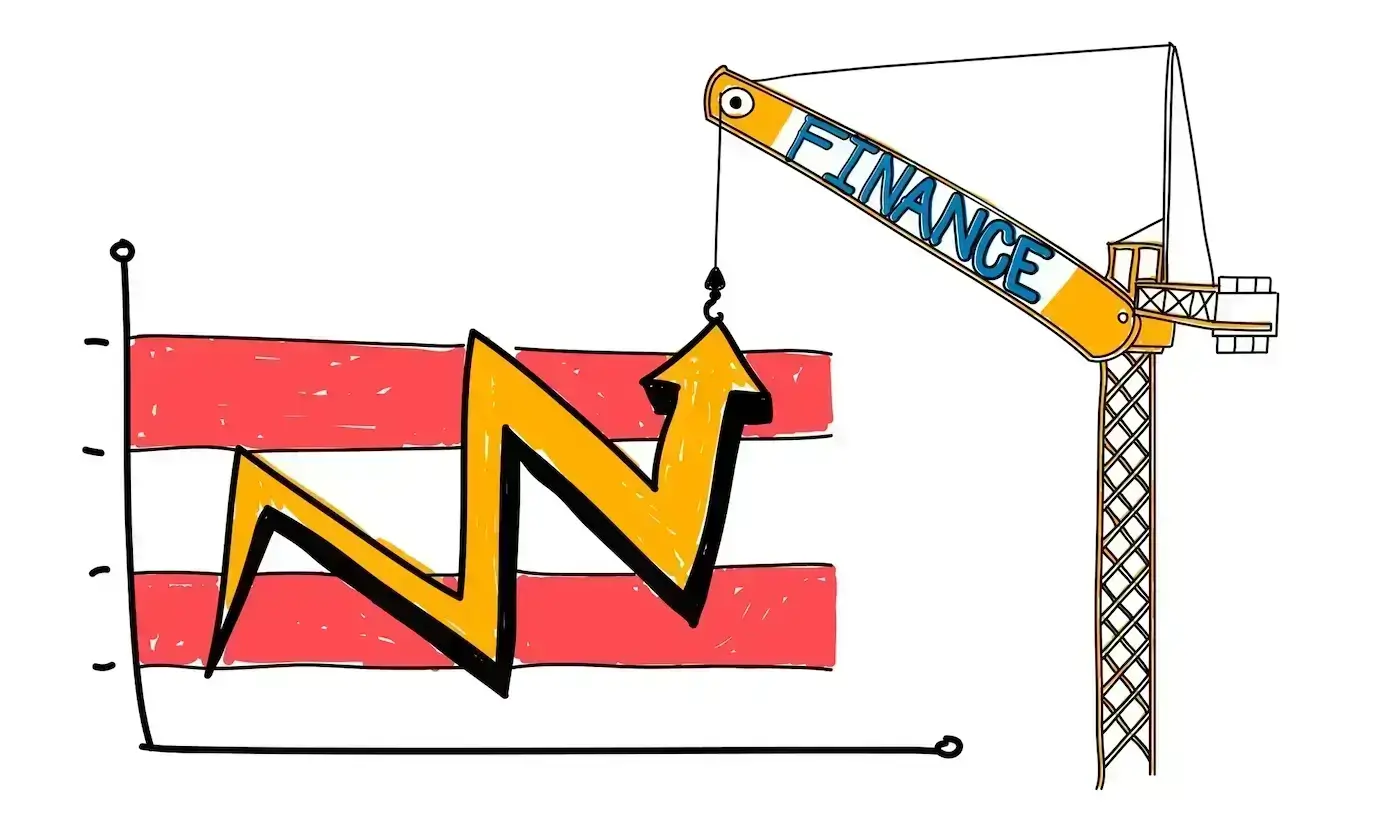The 2008 financial crisis, or the global financial crisis, was one of the worst economic downturns in modern history. It was sparked by the collapse of the U.S. housing market and the subsequent failure of major financial institutions. The crisis had far-reaching effects on the global economy, with many countries experiencing a recession that lasted for years. In this article, we’ll examine the causes and effects of the 2008 financial crisis and the lessons learned from it.
3 Causes of the 2008 Financial Crisis:
Subprime Mortgages and Housing Market Speculation:
One of the leading causes of the 2008 financial crisis was the widespread issuance of subprime mortgages, mortgages given to borrowers with poor credit. The housing market was booming, and many financial institutions were eager to give out these high-risk loans. This led to a housing market bubble that eventually burst, leading to a steep decline in home prices and a rise in foreclosures.

Deregulation of Financial Institutions:
Another cause of the 2008 financial crisis was the deregulation of financial institutions. Before the crisis, many financial institutions could engage in risky behavior without facing significant consequences. This led to an environment where banks and other financial institutions could engage in excessive risk-taking without proper oversight.
Excessive Risk-Taking by Banks and Investors:
Finally, excessive risk-taking by banks and investors was a major cause of the 2008 financial crisis. Many banks engage in risky practices such as investing heavily in mortgage-backed securities, essentially bundles of subprime mortgages. When the housing market collapsed, these securities became worthless, leading to massive losses for the banks and investors.
3 Effects of the 2008 Financial Crisis:
Global Economic Recession:
The 2008 financial crisis had far-reaching effects on the global economy, with many countries experiencing a recession that lasted for years. The recession was caused by a decline in economic activity, with businesses cutting back on production and laying off workers. This led to a rise in unemployment and a decrease in consumer spending.
Increase in Unemployment and Foreclosures:
The 2008 financial crisis led to unemployment and foreclosures, with many people losing their jobs and homes. This had a devastating impact on families and communities, with many people struggling to make ends meet.

Bailouts of Major Financial Institutions:
The U.S. government responded to the 2008 financial crisis by providing bailouts to major financial institutions at risk of failing. This was done to prevent the financial system’s collapse, but it was controversial and led to a significant public backlash.
3 Lessons Learned from the 2008 Financial Crisis:
Need for Stronger Financial Regulations:
One key lesson from the 2008 financial crisis is the need for stronger financial regulations. The crisis demonstrated the dangers of a financial system that is too lightly regulated, and many countries have since implemented new regulations to prevent a similar crisis from happening again.

Importance of Transparency and Accountability in Financial Systems:
The 2008 financial crisis also highlighted the importance of transparency and accountability in financial systems. Many financial institutions engaged in risky behavior without properly disclosing their activities, contributing to the crisis. Financial systems must be transparent so investors and regulators can properly assess the risks involved.
Risks of Relying on Financial Models that Don’t Account for Rare Events:
The 2008 financial crisis demonstrated the risks of relying on financial models that don’t account for rare events. Many financial institutions used complex models to assess risk, but these models didn’t account for the possibility of a widespread housing market collapse. As a result, these institutions were ill-prepared for the crisis, leading to significant losses.
2 Current States of the Economy:
Recovery from the 2008 Financial Crisis:
Since the 2008 financial crisis, the global economy has slowly recovered. Many countries have implemented new regulations to prevent another crisis, and the banking sector is generally in better shape than before the crisis.

Ongoing Economic Challenges and Risks:
However, ongoing economic challenges and risks remain. The COVID-19 pandemic, for example, has led to a global economic downturn, and many countries are struggling to recover. There are ongoing concerns about the global financial system’s stability, particularly given the rise of new financial technologies such as cryptocurrencies.
Conclusion:
The 2008 financial crisis was a significant event in modern economic history, with far-reaching effects on the global economy. It was caused by a combination of factors, including subprime mortgages, deregulation of financial institutions, and excessive risk-taking by banks and investors. While the global economy has largely recovered from the crisis, ongoing economic challenges and risks must be addressed. By learning from the lessons of the 2008 financial crisis, we can work to prevent another such crisis from occurring.
Understand Economic Events Better with Demo Account
Are you looking to better understand how economic events impact the financial markets? Open a demo account today and get hands-on experience without risking any of your hard-earned money. ATFX offers all the major financial products on a solid trading platform to practice different strategies while still learning from a guide or the free training materials ATFX provides. So, get your demo trading account for free now !






